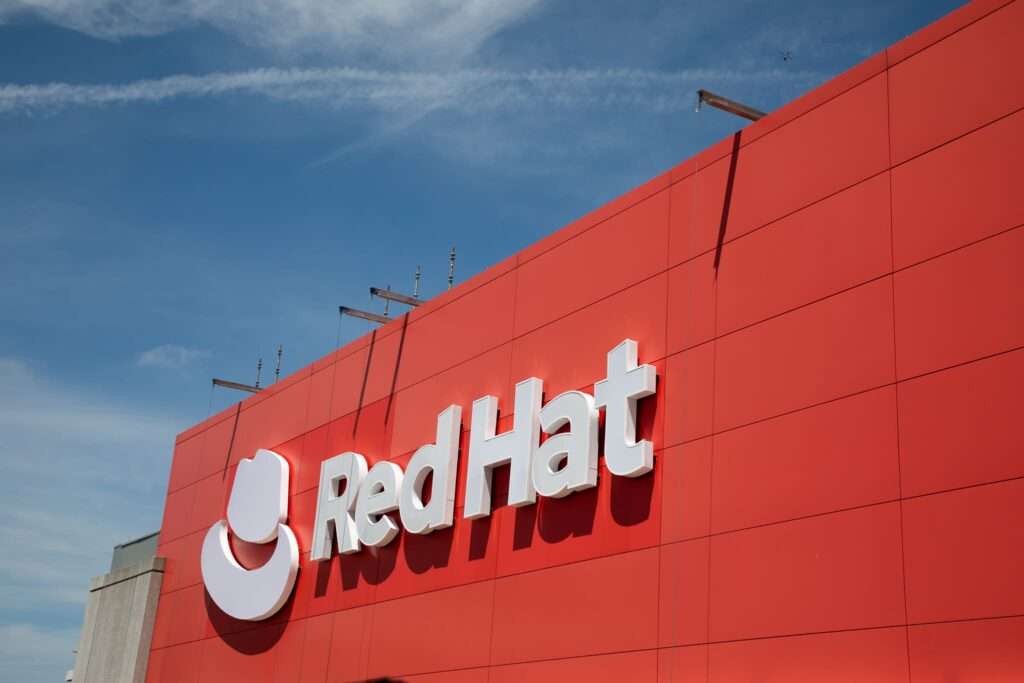Open source has transitioned from being a niche philosophy to becoming one of the pillars of digital innovation worldwide. Companies, governments, and international organizations now recognize that open collaboration accelerates technological development, enhances transparency, and fosters trust. In this context, Red Hat has announced its formal support for the UN Principles of Open Source, an initiative aimed at standardizing and expanding the adoption of free and open software within the multilateral system.
“For more than three decades, we’ve demonstrated that innovation thrives when it’s shared,” said Shuchi Sharma, Vice President of the Open Source and AI Program Office at Red Hat. “The UN Principles of Open Source simply reflect how we’ve always worked: building openly, contributing to projects, and encouraging diverse and inclusive communities.”
Principles with a global vision
The UN Principles of Open Source were developed by the Open Source United Community within the framework of the Digital Technology Network (DTN) of the organization’s Chief Executive Board. Their core pillars are clear:
- Open by default, making free software the norm rather than the exception.
- Active contribution from governments, companies, and citizens to the ecosystem.
- Security by design, integrating good cybersecurity practices from the outset.
- Inclusion and community, ensuring a diversity of voices in projects.
- Reusability and interoperability, avoiding technological silos.
- Accessible documentation for users, integrators, and developers.
- Recognition and empowerment of the teams supporting projects.
- Maintenance and scalability to ensure the continuity of critical infrastructures.
For the UN, adopting these principles is also a political message: open source is not just code; it’s trust, sustainability, and responsibility.
UN Open Source Week 2025: a global showcase
Red Hat’s support comes at a pivotal time: the celebration of UN Open Source Week 2025 in New York. Initiated in 2023, this event has established itself as a global gathering for dialogue and co-creation around open source, public digital infrastructure (DPI), and international technological cooperation.
Over five days, from June 16 to 20, United Nations headquarters hosted software experts, public officials, activists, and tech companies. The event featured theme-based hackathons (such as Ahead of the Storm, focused on climate response for children), a Edit-a-thon on Wikipedia about UN history, and a Maintain-a-thon highlighting the often-invisible work of maintaining essential open projects.
Simultaneously, panels addressed topics like ethical and transparent AI, interoperability of open data, and the role of Open Source Program Offices (OSPOs) in governments. Speakers included Yann LeCun (Meta), Gabriele Columbro (Linux Foundation Europe), and Amandeep Singh Gill, UN Special Envoy for Emerging Technologies.
Open source and digital sovereignty
The current geopolitical landscape underscores the importance of this movement. The debate over digital sovereignty spans the European Union, Latin America, Africa, and Asia. In Europe, projects like Gaia-X and the Sovereign Tech Fund aim to reduce dependence on major corporations. In the Global South, open source presents a pathway to develop affordable, sustainable, and locally adapted digital public infrastructure.
Red Hat, like other leading companies, recognizes that aligning with the UN on this agenda is strategic: it strengthens its role in the private sector while driving a structural shift toward a more inclusive, collaborative, and transparent digital model.
Remaining challenges
However, the effort is not without challenges. Open source requires stable funding mechanisms to prevent critical projects from relying solely on the volunteer efforts of exhausted communities. It also faces issues related to digital supply chain security and talent management.
This is where both companies and governments play a role: investing in maintenance, promoting education policies, and establishing clear standards that protect interoperability and public interests.
Frequently Asked Questions (FAQ)
1. What are the UN Principles of Open Source?
They are a set of guidelines designed to promote the use, collaboration, and sustainability of free software in UN projects and beyond, based on transparency, security, and inclusion.
2. Why does Red Hat support this initiative?
Because it aligns with the philosophy the company has championed since its founding: that the best technology emerges from open collaboration and community effort.
3. What significance does UN Open Source Week hold?
It is the main international forum for discussing how open source can serve public interests, from ethical AI and critical digital infrastructure to multilateral cooperation.
4. How might it impact governments?
Adopting open source software can enhance transparency, reduce costs, foster local innovation, and strengthen national digital sovereignty.

